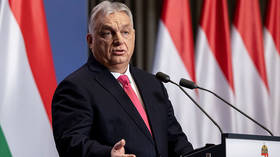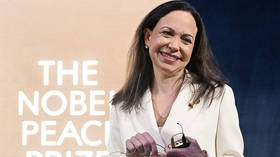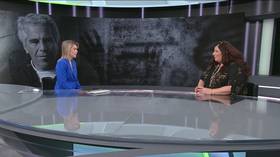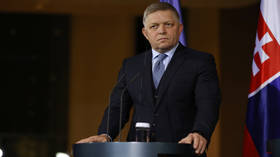UK Muslim Brotherhood report muzzled 'to keep good relations with Qatar'
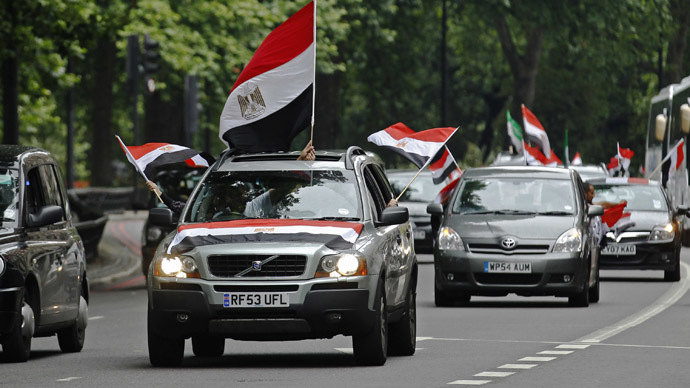
The findings of a state investigation into the activities of the Muslim Brotherhood in Britain will be partially withheld because ministers fear criticizing the group could irritate UK ally Qatar, media report.
As officials and ministers continue to wrangle over the probe’s findings, a report detailing the investigation has reportedly been delayed.
Central to the document, is a government inquiry into whether the Brotherhood should be categorized as a terrorist organization.
The global Islamist group, with core roots in Egypt, has thrived in the UK of late despite criticism that it promotes extremist activities in Gulf States.
Prime Minister David Cameron announced the probe in April, and its findings were expected to surface in July. Britain’s ambassador to Saudi Arabia, Sir John Jenkins, conducted the investigation.
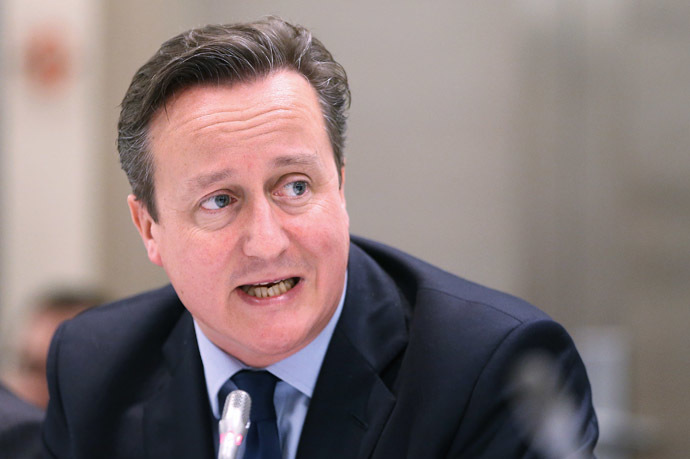
While inside sources previously indicated they hoped the investigation’s findings would be released in full, Downing Street told the Financial Times on Monday the final report will be partially redacted, and only its “principal findings” will be published.
According to the paper, the controversial report, due for release in January, concludes the Muslim Brotherhood is not a terrorist organization. Jenkins’ probe also reportedly uncovered very little evidence the Brotherhood’s members were implicated in terrorist activities.
Government aides told the FT the final report won’t recommend banning the Muslim Brotherhood in Britain. But certain ministers fear these findings could anger prominent business allies in the United Arab Emirates (UAE) and Saudi Arabia, who allegedly pressurized Cameron into commissioning the inquiry.
Government officials are attempting to intensify the report’s critical reflections on the Muslim Brotherhood, according to the FT. Nevertheless, ministers are reluctant to oversee the publication of findings that are too robust as they could irritate UK ally Qatar, which has recently signed an intelligence-sharing pact with Britain.
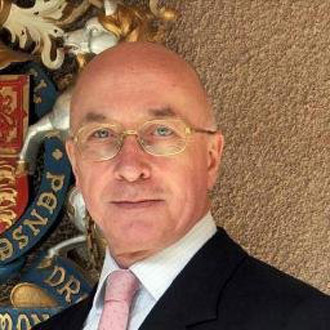
Qatar, an avid supporter of the Brotherhood, has been subject to funding allegations of late relating to the Islamic State.
The findings of Jenkins’ investigation are characterized by tense geopolitical undertones and carry strategic weight for Britain on a fraught global stage, according to one of its authors.
“The geopolitics of this are incredibly complex, especially when we are trying to form a fragile coalition to fight ISIS in Iraq and Syria,” he told the Financial Times.
Sources who have seen Jenkins’ report say it won’t seek to recommend concrete policies, but rather will highlight key networks of groups, some of which are thought to be involved in extremist activities.
British ministers are then expected to assess these groups individually and potentially launch further investigations in certain cases.
Certain government officials are reportedly angered by recent leaks from the coming report, arguing they portray its findings as more conclusive than they are.
One government official caused controversy in October by claiming UK ministers would pursue key figures using the “Al Capone method.”
“We cannot get them for terrorism, but I bet you they don’t pay their taxes,” he told the Telegraph.
Reflecting on the report’s findings, a government adviser told the Financial Times the document was dense and carefully compiled, but it lacked “hard and fast answers.”
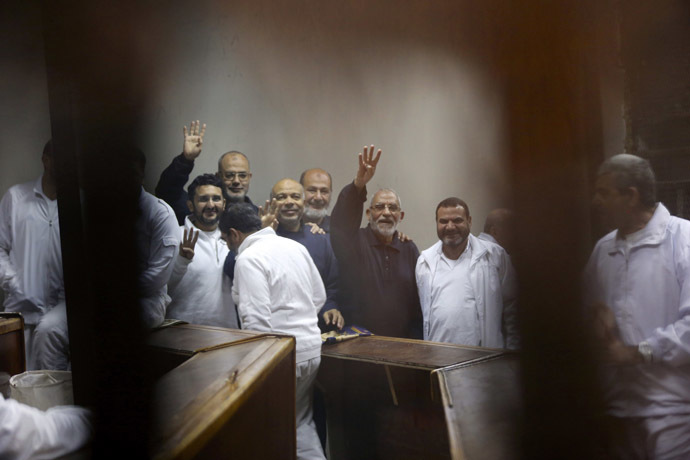
The Muslim Brotherhood, founded in 1928, rose to power in Egypt’s 2012 election. The political Islamist group was subsequently overthrown by a military coup in 2013.
Egypt’s interim government has officially described the Brotherhood as a terror group, imprisoning its leading members and saying it’s responsible for numerous attacks in the troubled state.
Despite the ferocity of these allegations, however, the Brotherhood has denied responsibility for the attacks.




